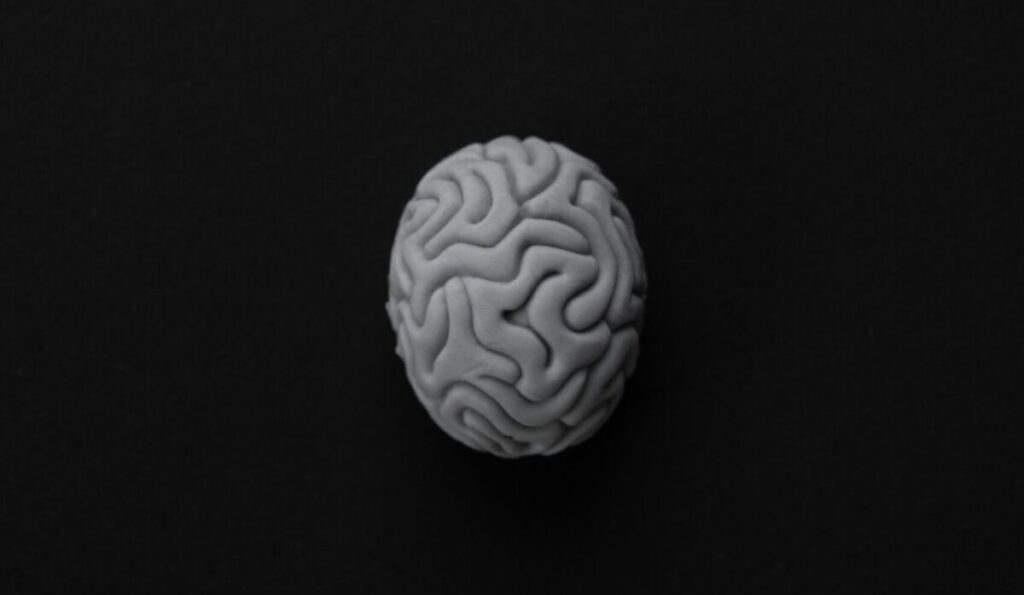
Psychotherapy involves personal counseling with a therapist. The treatment aims to help a person come to understand themselves, their issues and motivations better. It also helps those getting treatment to learn to respond to challenges, take control of their life and learn healthy coping skills.
Psychotherapy uses techniques to increase awareness and self-observation and encourage a person to change their thinking and behaviors to achieve the changes they are seeking. People often seek out psychotherapy in response to a significant event such as the death of a loved one or a traumatic experience.
But more often than not, the inability to cope with this event is a symptom of deeper issues that can be brought to light and treated through psychotherapy. If a person has a problem with alcohol and abuses it as a way to deal with negative feelings or emotions, therapy can help to unlock what the deeper issues are and solve them.
Psychotherapy as Alcohol Treatment Therapy
Psychotherapy is a successful therapy for those who suffer from alcoholism or alcohol dependency. Psychotherapy delves into the reasons for a person to abuse alcohol and why they wish to cause themselves harm. During therapy, discussions about dreams and fantasies often occur which are analyzed with the client. Many clients state that the action of talking is therapeutic in and of itself, and feel a sense of relief after sessions.
Psychotherapy can also treat multifaceted issues, for example, if a person suffers alcoholism combined with anxiety or obsessive compulsive disorder. Psychotherapy aims to get to the root cause of problems and anxieties and resolve them in the most comprehensive manner. It is believed that certain illnesses or behaviors are manifestations of unresolved problems which may have begun early in life and will continue to cause problems unless they are dealt with.
Importance of the Therapists
One of the most important aspects of psychotherapy is the relationship the therapist has with the client. Clients need a therapist they like and trust. The therapist will come to know the client possibly better than anyone else. The therapist-client relationship may be the most intimate relationship that people can share. Clients will share their deepest emotions and most intimate thoughts with a therapist, so having a secure and trusting relationship is paramount.
How Psychotherapy Works
Psychotherapy is made up of sessions, usually under 1 hour, where a therapist and a client will be in a treatment room and discuss the issues at hand. A therapist may ask questions relating to a certain event or incident, about any dreams or thoughts a client is having, or any significant issues they want to bring up. Typically, a therapist will ask a few questions and leave the talking up to the client. In a sense, it is guided talk therapy. Many people feel nervous about opening up to a therapist, but through their training they have learned how to encourage a client to reveal themselves. There is no standardized methodology for how a session should be conducted or what questions will be asked. Each case is different and therapists will use different techniques depending on the client.
Alcoholism and Psychotherapy
Psychotherapy can be beneficial to people suffering from alcohol-related problems, as it can help reveal the reasons that alcohol is being used as a coping mechanism. Psychotherapy also provides those who are suffering with an opportunity to reveal their fears, hopes and anxieties in a safe, non-judgmental environment. Psychotherapy also offers solutions and methods of dealing with the problems that an alcoholic faces in their life that may make them want to drink.
Group Psychotherapy
There are a number of alternative forms of psychotherapy available to those seeking help. The most common is group psychotherapy which is group-based sessions. In this method, a number of clients are treated by a professional at the same time. It is believed that this offers a unique opportunity for individuals to feel a sense of community or universality by having a group of people to share their experiences, dreams and fears with. It is also beneficial as it encourages empathy, altruism and interpersonal skill development which are often lacking in alcohol dependent people.
Alternative Psychotherapy
Psychotherapy has a number of significant and complementary forms. These can include art therapy or family therapy. Art and music psychotherapy is implemented as a way for individuals to release their feelings in a non-confrontational way. It is beneficial when used as part of psychotherapy as it can help clients overcome blocks in treatment. Family psychotherapy refers to the method of including family members or loved ones in therapy as a way to deal with significant personal, familial issues. It may often be that a person faces big problems in their personal relationships that require the intervention of a therapist to help mediate these problems.
Psychotherapy Can Help
Through personal reflection and revealing of inner feelings and emotions, many people can achieve some benefit from psychotherapy. It may not be the solution for everyone, but the therapeutic nature of the treatment will likely help a client to overcome problems or issues. Psychotherapy can also be used in conjunction with other treatments such as drug therapy, which can significantly improve outcomes.


